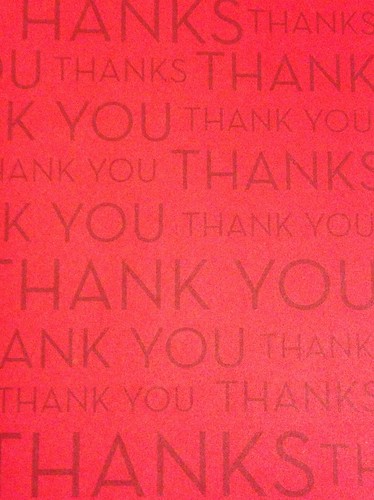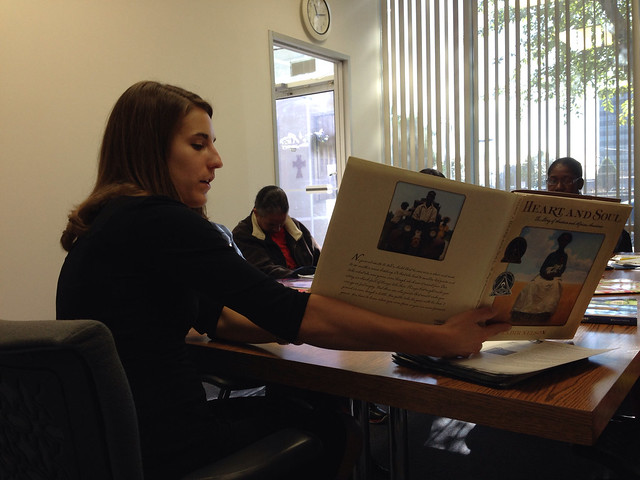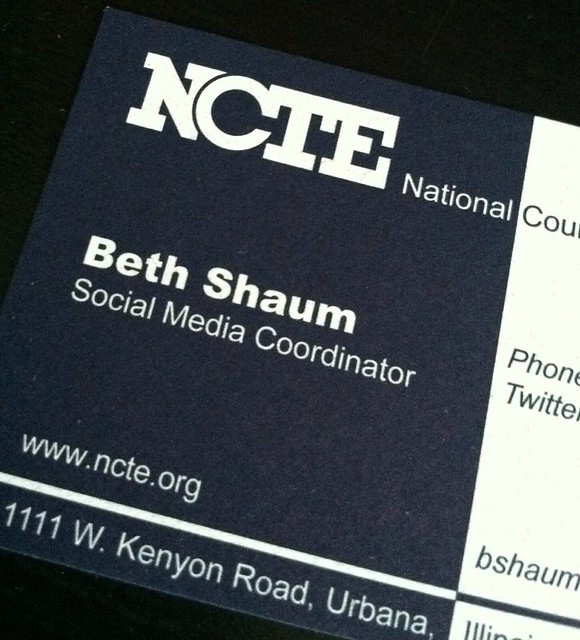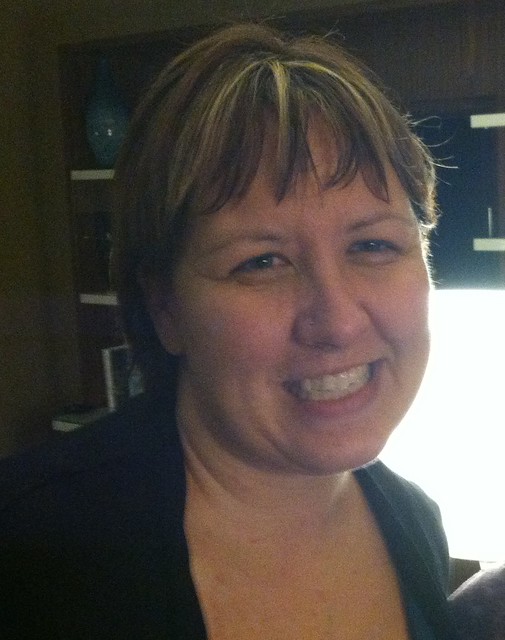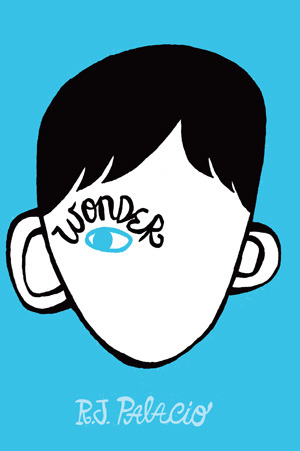I've been avoiding writing about my
NCTE experience for the past 2 days. I do that when I'm overwhelmed - avoid things. I've never been good at confrontation, what can I say. But in this case I'm overwhelmed in a good way. Overwhelmed by the learning, by the friendships I've formed, and by what an empowering experience it is to be part of the NCTE family.
The first year I attended NCTE was in Chicago in 2011 and I barely knew anyone then. Out of all the people I follow on Twitter I think I met three of them. I was still very shy and leery of putting myself out there.
But 2013 in Boston was a different story. Every corner I turned it seemed I was running into people I knew. Hugs were wielded out with enthusiasm and given to people I'd never met in real life (only on Twitter) because well, that's what you do when you're excited to be somewhere and surround yourself with like-minded people. You give hugs.
The excitement and hug-wielding all started on Thursday afternoon when I ran into a group of Nerdy Book Club friends and we had an impromptu lunch together - one of many impromptu meals I shared with friends in Boston.
 |
| Top: Colby Sharp, Me, Katherine Sokolowski, Donalyn Miller Bottom: Donalyn Miller, Jen Vincent, Alyson Beecher, Paul Hankins |
|
Later that evening in a last minute change to the program due to Tony Danza (who was originally the keynote speaker) being injured and in the hospital, Judy Blume stood in for him as an informal interview with her longtime editor Beverly Horowitz. Judy was planning on attending NCTE to receive the intellectual freedom award but she graciously agreed to stand in for Danza with virtually no notice. As always, she was a class act. A highlight of the convention for me was when I stood in line to get one of her books signed and she recognized me from Twitter since I had emailed her in September and asked her to be a part of our
#nctechat for Banned Books Week.
On Friday the general session was something different than the typical keynote speaker, it was a hip-hop/spoken word poetry performance troupe from the University of Wisconsin - Madison known as First Wave.
All I have to say is that I should have known better. I should have been prepared with tissues because spoken word poetry always affects me emotionally. And this performance was no different. It's a good thing they were performing in a darkened ballroom because I was a sniffling, teary mess. Especially during this moment (excuse any errors or omissions, I was sitting toward the back and a few words were hard to hear):
Mr. Garrison was his name.
Nicknamed me J Dub
like I wasn't just his student...
Said
Listen up J Dub
I see you got your Jay Z
thing goin on
but when you step in my class
I wanna see Shawn Carter...
You skip out my class
means I've failed my lesson.
I'm not gonna call your dad.
I'm not gonna call your mom.
I'm gonna call
you.
You understand J Dub?
I'm gonna call YOU.
I will forever remember that performance as a highlight of my NCTE convention experience, not just of 2013, but of all my years attending (past, present, and future). Kudos to NCTE for thinking outside the keynote box.
After First Wave I had to get myself together and meet with the group I was presenting with at 12:30. This was my first year presenting at NCTE and I presented with
Kellee Moye,
Jen Vincent, and
Audrey Vernick. Our topic was using picture books as mentor texts for middle school and high school students and I was amazed that our session was standing room only - and most people stayed to the very end of the session which contradicted a dream (more like a nightmare) I had that our session started off standing room only and by the time it was my turn to speak there were two people left in the room.
 |
| Excited and humbled that our session was a full house - people were standing along the sides and sitting on the floor |
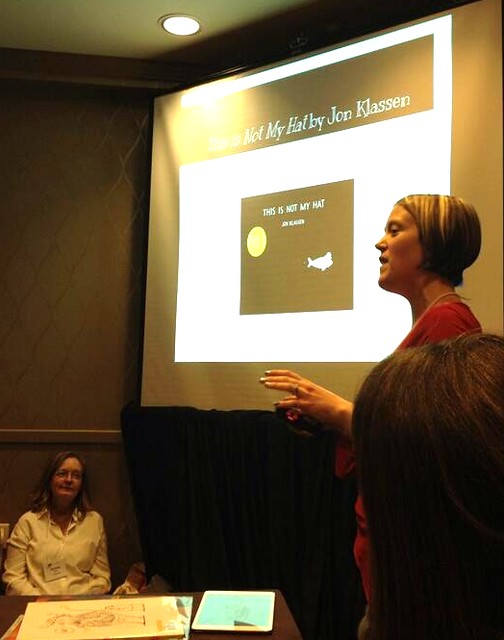 |
| Me gushing over why Jon Klassen's THIS IS NOT MY HAT is perfect for high school students (photo credit: Jen Vincent) |
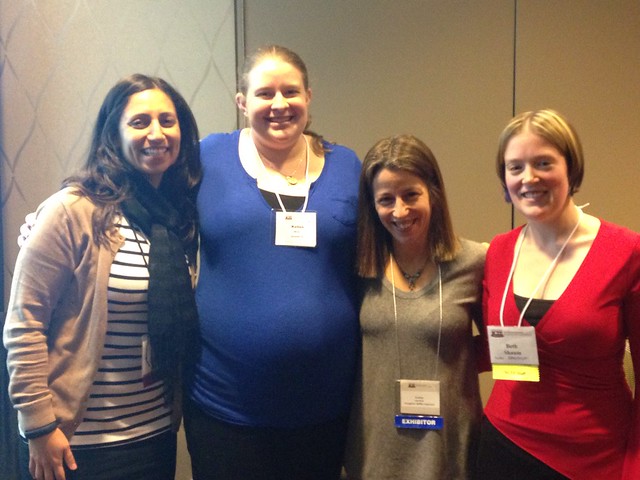 |
| Jen Vincent, Kellee Moye, Audrey Vernick, and me |
If you're interested, here is the link to my Slideshare of our presentation:
Rethinking Picture Books
After the session and all throughout the weekend I had so many people come up to me and say how much they enjoyed it. That made me feel so proud of our group and excited about the possibility of presenting again at NCTE, either on a similar topic or something completely different. Whatever the topic is, I've clearly got the bug.
Since this recap is getting ridiculously long, I will bullet point the rest of my NCTE 2013 highlights:
- Hearing Temple Grandin speak for the first time, not only about the autistic brain, but also of her desire for legislators to stop making laws about issues they are too far removed from - like, oh, I don't know, maybe education? She said she'd love for the show Undercover Boss to become Undercover Legislator. The room burst into applause when she said that.
- Having lunch with my cousin Mariana whom I rarely get to see
- Getting to hang out and share meals with my hotel-mates Cathy Blackler and Cindy Beggs. Cathy's stories are downright hilarious. She needs to write a book, that's all there is to it.
- Sharing a theater with enthusiastic English teachers and book lovers at the Scholastic screening of Catching Fire
- Attending my first Ignite presentation and the wheels began turning as to how I could use this format in the classroom.
- Seeing #ncte13 trend on Twitter
- Meeting Jack Gantos. He is one of the coolest people on the planet.
- Laurie Halse Anderson and Chris Crutcher's keynote at the ALAN workshop. I wish book banners could be forced to sit in a room with these two inspiring authors. If Chris and Laurie can't change their minds then no one can.
- A.S. King's beautiful and compassionate speech as part of the Walden award panel at the ALAN workshop
- Discovering that Rainbow Rowell was on my flight home to Detroit and excitedly texting Sarah Andersen from 17 rows ahead of me before the flight took off.
There are so many little moments from the convention that I could go on and on but it would take me days to write it all down. So I will leave with this thought:
NCTE expected 6000 people to attend the convention in Boston but almost 7500 showed up. Many of those teachers pay their own way to come and be inspired by the great thinkers of their profession. Schools should be more willing to invest the time and money in their talent to allow their teachers to attend this convention (as Donalyn Miller says, professional development isn't an expense, it's an investment). But the fact that so many schools won't pay a teacher's way and STILL so many come on their own dime is a testament to the passion and dedication of these teachers.
Next year the NCTE convention will be in Washington DC. I really hope that the politicians responsible for making these "far removed decisions" as Temple Grandin would say, will come and listen to the concerns of REAL teachers. That they will look teachers in the eye and see a person, not a value-added score that determines whether they're effective or ineffective. Because anyone willing to pay their own way to a teaching convention and travel across the country on a teacher's salary is going above and beyond the call of duty and deserves to be heard - no matter what their value-added score says.
My #NCTE13 Storify (tweets I archived for myself)


